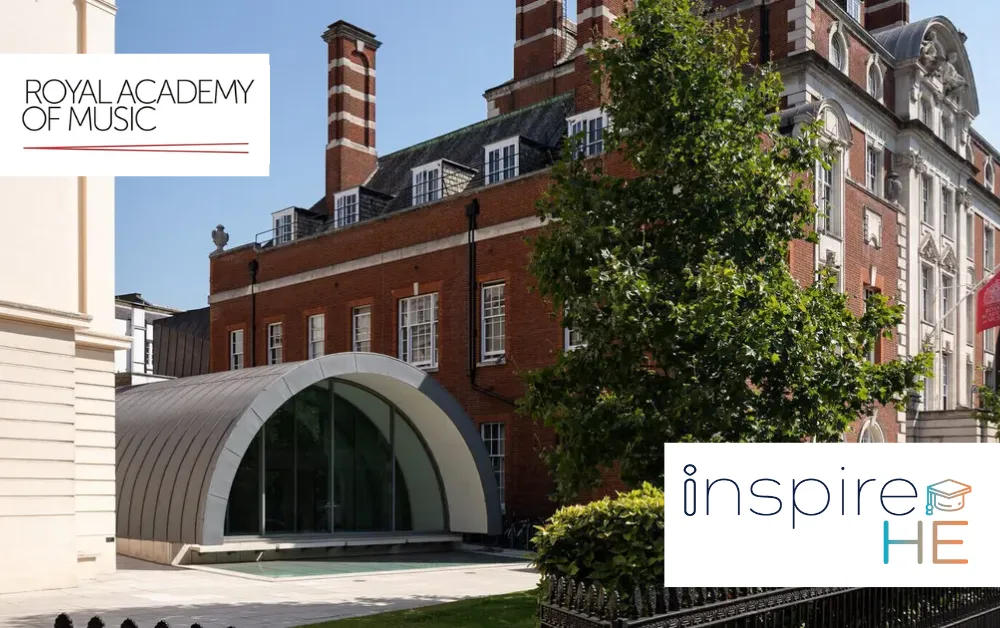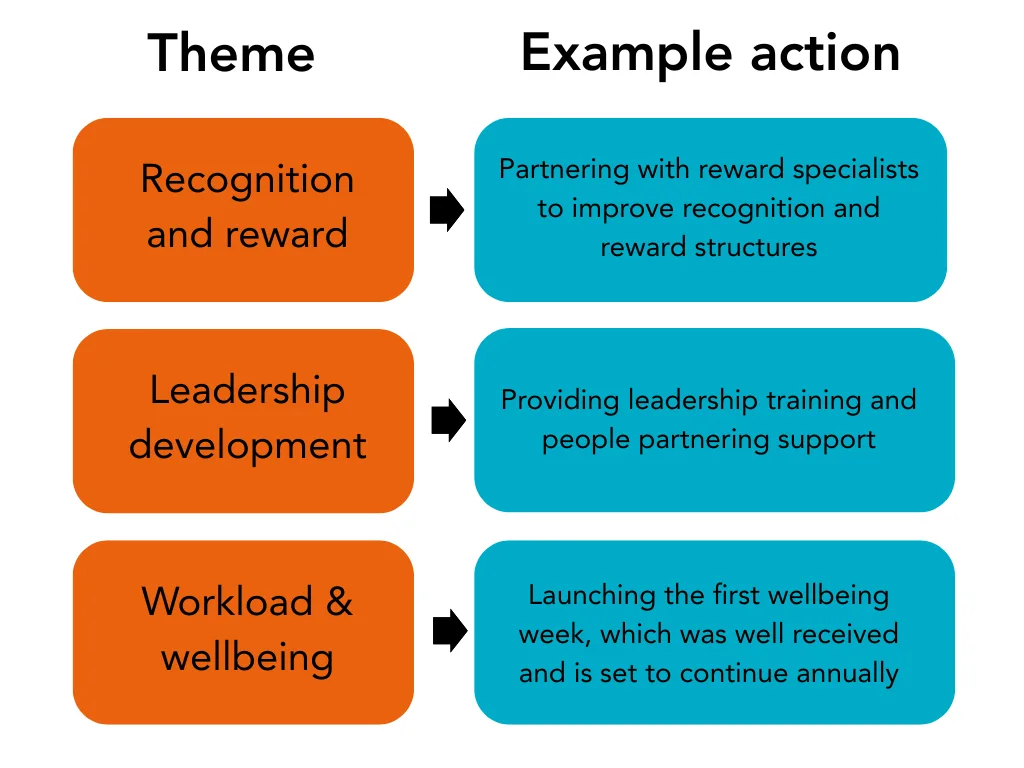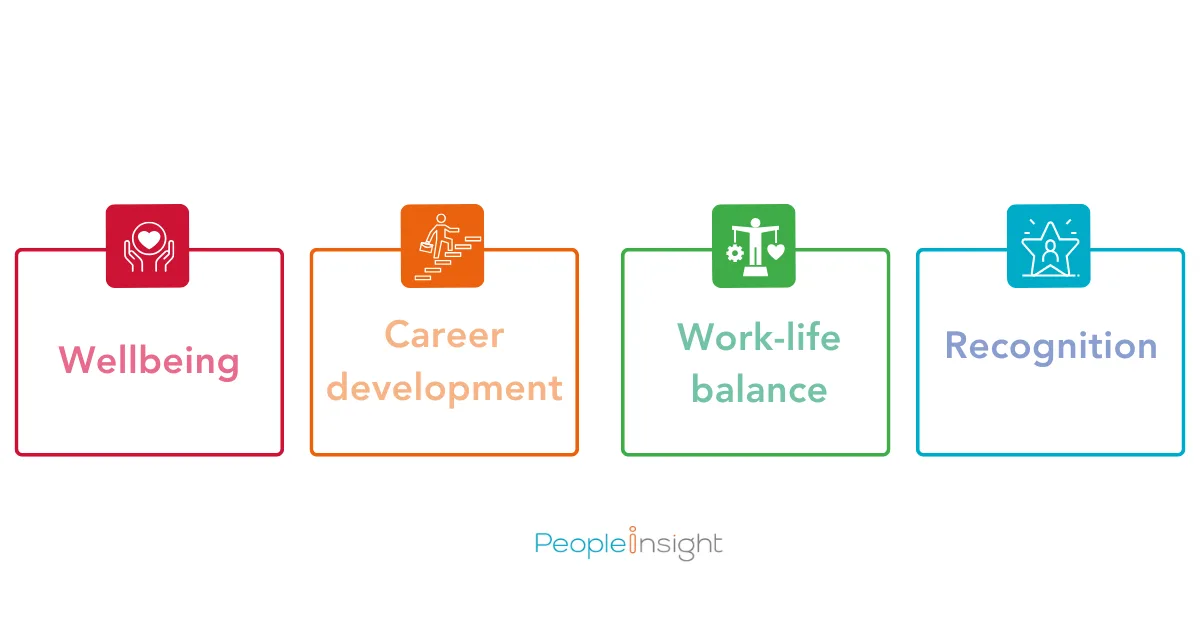
The Royal Academy of Music has recently been recognised in the top quartile of the Inspire HE rankings, a testament to its commitment to creating, and maintaining, a positive employee experience. This case study explores the strategies and initiatives that have contributed to this success and highlights how the Academy has prioritised engagement and wellbeing, making it one of the top HE employers in the UK.
Read more: Introducing Inspire HE: University ranking for employee experience
The need for a renewed focus on employee experience became clear when it was observed that HR interactions with staff were largely transactional, with limited engagement or emphasis on workplace wellbeing. Staff members felt disconnected from HR, leading to missed opportunities for meaningful collaboration and support.
To address this, the Royal Academy of Music restructured its HR function to focus on building stronger relationships with employees. The team adopted a more proactive approach, actively engaging with staff, actively encouraging open dialogue and gathering valuable insights to inform future improvements. This shift laid the foundation for a more connected and responsive HR strategy.
To better understand employee needs and experiences, the Academy adopted a comprehensive approach to employee listening. This included:
The last staff survey had been conducted in 2019, but concerns were raised that no significant changes had followed. To rebuild trust, the 2024 survey was designed to blend old and new questions, allowing for a comparison of progress while setting a clear direction for the future.
The survey process was led by the HR Director and Head of People Operations in collaboration with People Insight, with strong support from the senior management team (SMT) and Communications team. Participation was encouraged through town hall meetings and direct communications.
The results of the employee survey revealed three key themes:
Actions taken included:
The prioritisation of these actions was based on survey scores, ensuring that initiatives addressed the most pressing concerns.

The Academy’s employee experience strategy is centred around four main areas:
Efforts are ongoing to refine and strengthen these areas, ensuring they remain aligned with staff needs and institutional goals.

While it is still early to measure the full impact of these initiatives, there are already clear signs of progress. Staff engagement has visibly improved, with employees responding positively to the steps taken so far. Feedback gathered from SMT and staff indicates that relationships between HR, managers and employees have strengthened, creating an environment of trust and collaboration.
The benefits of these improvements extend beyond the workforce. A more engaged and motivated staff contributes to a better experience for students, reinforcing the Academy’s reputation as a supportive and dynamic institution.
One of the key challenges the Royal Academy of Music faced was encouraging staff to participate in the survey. This was overcome through targeted communication efforts highlighting the benefits of sharing feedback.
Looking ahead, the Academy remains committed to building on the progress made. The focus will be on delivering lasting improvements in recognition, leadership and wellbeing while continuing to listen and respond to employee needs. By maintaining this momentum, the Academy aims to sustain its position as a leading institution for employee experience.
Related: 7 Ways to improve your HE survey participation rate
Here at People Insight, we work with leading HEIs like the Royal Academy of Music to measure the employee experience, while offering meaningful actions for improvement.
If you want to join the ranks of the Royal Academy of Music and create an inspirational employee experience for your team, get in touch with us today to arrange a higher education staff survey.
Check out our other Inspire HE case studies and see how they’re putting measures in place to ensure an incredible employee experience for their people: